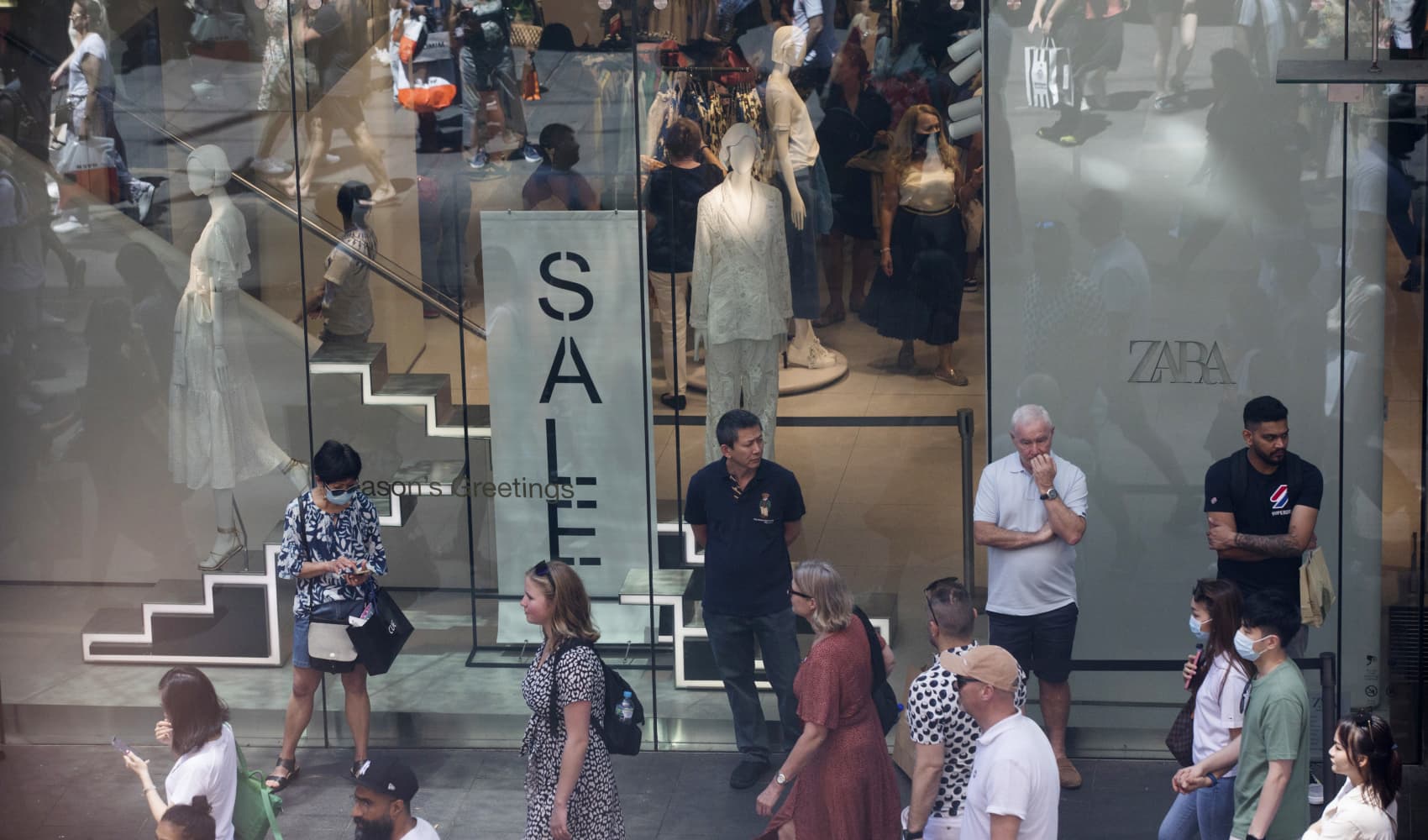
Rents rose dramatically across the U.S. last year, as escalating housing costs continue to drive up rental prices.
A recent study of national rent growth by rental listings site Zumper found that the median rent for one- and two-bedroom apartments has risen 12% and 14.1% respectively since January 2021 — a new all-time high. That's a big jump compared to a year-over-year rate of 0.6% as of January 2021 and 0.3% as of January 2020.
WATCH ANYTIME FOR FREE
>Stream NBC10 Boston news for free, 24/7, wherever you are. |
The Zumper study also includes rankings for 100 of the largest rental markets nationwide. Based on the median rent price, here are the 25 most expensive cities for two-bedroom apartments.

Get updates on what's happening in Boston to your inbox. Sign up for our >News Headlines newsletter.
Why is rent rising so fast?
Housing costs were already rising before Covid, but pent-up demand, supply-chain disruptions, and reduced home construction during the pandemic have made the problem worse.
While rental prices in big cities like New York, Boston and Los Angeles dipped early in the pandemic, most of those prices have since returned to pre-pandemic levels, and in some cases, exceeded them.
Money Report
One significant exception is San Francisco, where a two-bedroom apartment is almost $1,000 cheaper than its peak price in 2019, according to the Zumper's data. Even so, San Francisco is still the most expensive city in the country to rent a two-bedroom apartment.
"The urban exodus narrative was really overblown," says Jeff Andrews, the author of the study. Home prices in mid-sized cities across the country are at an all-time high due to pent-up demand and a lack of housing supply, which, in turn, has affected rent prices, he says.
"In markets where home values are going up precipitously, that's also dragging rent up," says Andrews. "And competition for home sales has been so ridiculous. If you're a renter, and you're trying to buy in that environment, you're probably getting priced out."
This particularly true for smaller cities in Arizona, Florida, Tennessee and Texas, where year-over-year rent price increases of about 15 to 25% is the norm.
One positive note for renters is that the increase in rental prices has cooled somewhat, with a 0.2% month-over-month increase in January, compared to an average monthly increase of 1.93% during the summer months of 2021. However, seasonality might be in play with these rates, as the rental market tends to cool off during the winter, Andrews says.
In the meantime, renters can only hope for an increased supply of rental units. "There is a little more inventory coming online in 2022, relative to 2021, and certainly 2020, but certainly nothing that's going to satiate the gap in supply that has been building over 10 years, 15 years now," says Andrews.
Sign up now: Get smarter about your money and career with our weekly newsletter
Don't miss: She pays $1,000 per month for a 1-bedroom apartment in New York City — take a look inside






